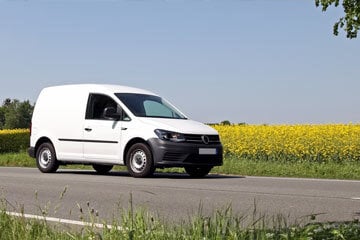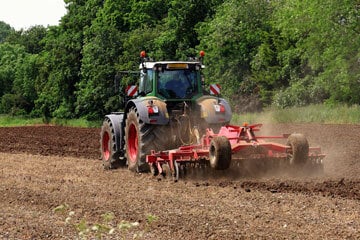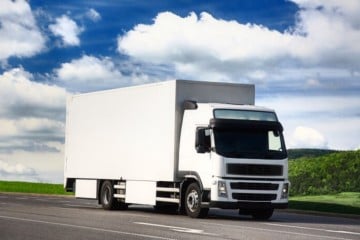How can I get cheaper insurance?
There are some things you can do to try and reduce the cost of your insurance:
-
Tell us if you're a trade federation member as some insurers offer a discount for van insurance. We'll only ask you this if you state that you intend to use your van for business or haulage purposes.
-
Compare prices and don't auto renew. Staying with your current insurer usually isn't the cheapest option. Even if your insurance price hasn't increased much from last year, compare prices to make sure you're getting the best deal.
-
Increase your voluntary excess. Typically, paying more towards any claims means you see lower costs. The most common excess amount with our customers is £250, with 48% choosing this level(2).
-
Consider a black box policy. This can be especially useful if you're a young driver. These types of policies involve having an app on your phone or a small telematics device fitted to your van to monitor your driving habits. Generally, the safer you drive, the lower your insurance could be on renewal.
-
Build up your no-claims bonus (NCB). Each year you're insured without making a claim, you get a year added to your NCB. The bigger your NCB, the bigger the discount you could get on your insurance. With 5 years NCB, our customers paid £821(2) for their insurance, on average. This is compared to £1,205(2) with no NCB.
(2)Based on Confused.com data November - April 2024
What type of insurance can I get for my modified van?
Third-party
Third-party, fire and theft
Comprehensive
*Based on Confused.com data November 2023 - April 2024
What are the classes of use for van insurance?
Social. You should select social if you only use your van for personal trips and not for commuting or working. Insurance for social use costs £617(3), on average.
Social and commuting. You should choose this option if you use your van for commuting to a single permanent place of work as well as personal trips. On average, insurance for social and commuting costs £715(3).
Own goods business. This includes using your van for business purposes. For example, if you're a builder, plumber or carpenter and use your van to transport tools or materials to each job. This type of insurance costs £779(3), on average.
Haulage. This covers you if you're using your van to deliver third-party goods, also known as 'hire and reward'. You'll need this if you're a courier or delivery driver. Haulage van insurance costs £1,749(3), on average.
(3)Based on Confused.com data November - April 2024







